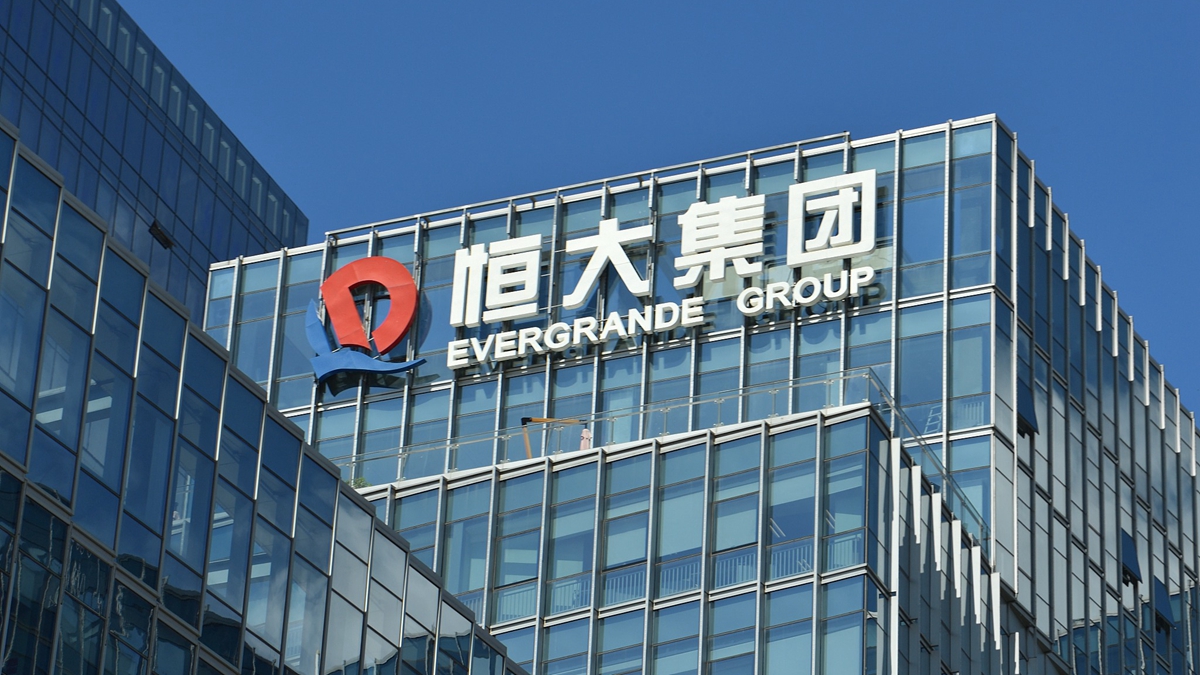A Hong Kong court has granted troubled Chinese property developer Evergrande an extension until late January to present a restructuring plan, providing the company with much-needed breathing room as it faces the prospect of bankruptcy.
Evergrande’s staggering debt burden has become a symbol of the ongoing crisis in China’s real estate market. Here’s a summary of the company’s financial situation and the recent developments:
Evergrande’s Financial Situation:
In June, the last time Evergrande publicly disclosed its debts, the company reported an estimated $328 billion in liabilities. Once China’s largest real estate firm, Evergrande’s woes stem from the country’s long-running housing crisis, which has left many homebuyers with unfulfilled property investments.
In December 2021, Evergrande formally defaulted on its loans, and in August 2022, the company filed for bankruptcy in the United States to protect its assets there.
Creditors’ Demands:
Evergrande’s creditors are seeking controlling stakes in the company’s equity, according to Bloomberg News. The company has offered creditors 17.8% of its parent company’s shares and 30% stakes in its property services and electric vehicle subsidiaries.
In recent months, Evergrande has sold off assets in an attempt to raise liquidity, generating around 50 billion yuan ($7 billion) as of the end of November. However, during an October hearing, the recovery rate for Evergrande’s lenders was estimated at less than 3%, highlighting the challenges creditors face in recouping their investments.
Next Steps and Potential Consequences:
Evergrande has until January 29 to present a detailed repayment plan. A Hong Kong judge has urged the company’s lawyers to engage in direct discussions with relevant authorities to ensure the viability of the restructuring proposal.
Evergrande’s fate directly affects its over 100,000 employees and indirectly impacts millions more. The company’s troubles have raised concerns about the stability of China’s economy, fueled fears of a real estate market meltdown, and increased pressure on the government to provide support.
The real estate and construction sectors have historically accounted for a significant portion of China’s GDP and driven growth in other industries. In recent months, financially secure real estate companies like Country Garden, one of Evergrande’s competitors, have also faced difficulties.
Despite Beijing’s recent measures to revive the real estate market, sales and prices continue to decline in many Chinese cities.
Evergrande’s Founder’s Situation:
Adding to the company’s woes, Bloomberg News reported in September that billionaire founder Xu Jiayin was being detained by police. Evergrande later confirmed that Xu was being held under “mandatory measures in accordance with the law due to suspicion of illegal crimes.” Neither Evergrande nor Chinese authorities have provided specific details about the allegations against Xu.
Shayne Heffernan









